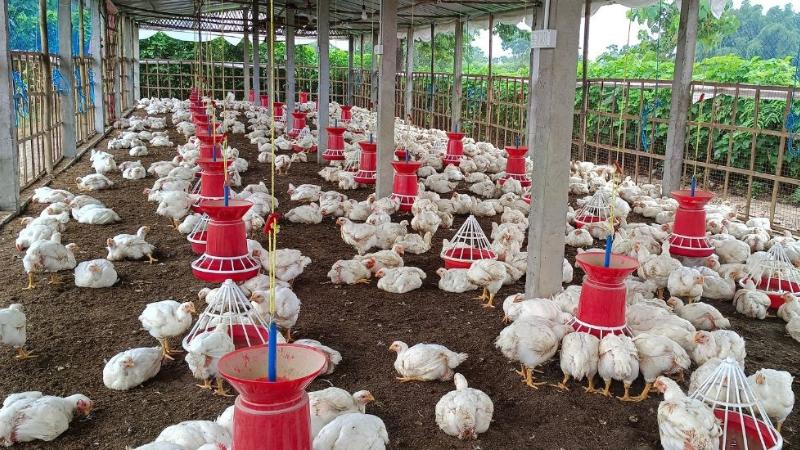
- devara
- 11 Dec 2024 08:39 AM
- bird flu, pandemic, H5N1, virus mutation
Bird Flu Mutation and Global Spread: Health experts are raising concerns about the growing threat of bird flu, particularly due to the H5N1 strain, which has shown signs of mutation. Initially identified in China in 1996, the virus has been spreading more rapidly in recent years, reaching new regions such as Antarctica. Since October 2021, over 300 million poultry birds have been killed or culled to prevent the spread of the virus. Additionally, 315 different species of wild birds have been affected across 79 countries, and even mammals that consume infected birds, such as seals, have been dying in large numbers. In March of this year, the virus spread to dairy cows in the United States for the first time, signaling an alarming shift in its behavior. While the general public is not yet at significant risk, experts are particularly worried about the virus’s potential to mutate into a form that could easily transmit between humans.
Rising Human Infections and Concerns: The situation became even more alarming when it was reported that 58 people in the U.S. tested positive for bird flu this year, including two who had no known exposure to infected animals. Furthermore, in a study conducted on dairy workers in Michigan and Colorado, 7% of those tested showed evidence of past infection, which raises concerns about the potential for undetected human cases. Despite the virus not yet being easily transmissible between humans, researchers point out that the H5N1 virus is rapidly evolving. Recent studies show that the strain infecting U.S. cows is only one mutation away from being able to spread more effectively between humans, which increases the likelihood of a pandemic. While this development is worrisome, health experts acknowledge that several barriers still prevent the virus from easily infecting humans, including the virus's need to adapt to human lung cells.
Pandemic Threat and Mitigation Efforts: The possibility of a bird flu pandemic remains a serious concern due to the lack of immunity in the human population. If the virus were to evolve to spread among humans, it could be exceptionally severe, with many fatalities, as half of the human cases of H5N1 recorded since 2003 have been fatal. However, virologists like Tom Peacock from Imperial College London suggest that the possibility of a full-blown pandemic is not certain. Unlike COVID-19, antiviral treatments and vaccines are already available for bird flu, which could help mitigate the threat. The U.S. government has announced plans to test the country's milk supply for bird flu contamination, especially concerning raw milk, which has been found to be contaminated in some cases. Researchers have urged greater efforts in testing, monitoring, and sharing information across borders to prevent a potential crisis. Experts agree that relaxing restrictions on raw milk, as some are advocating, would be a dangerous move that could further endanger public health.






































